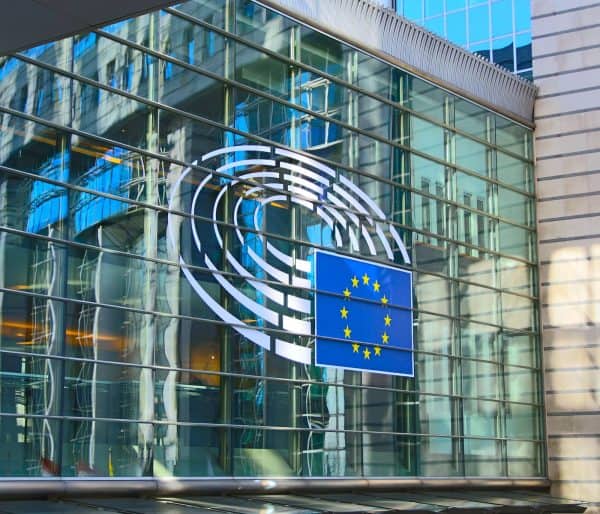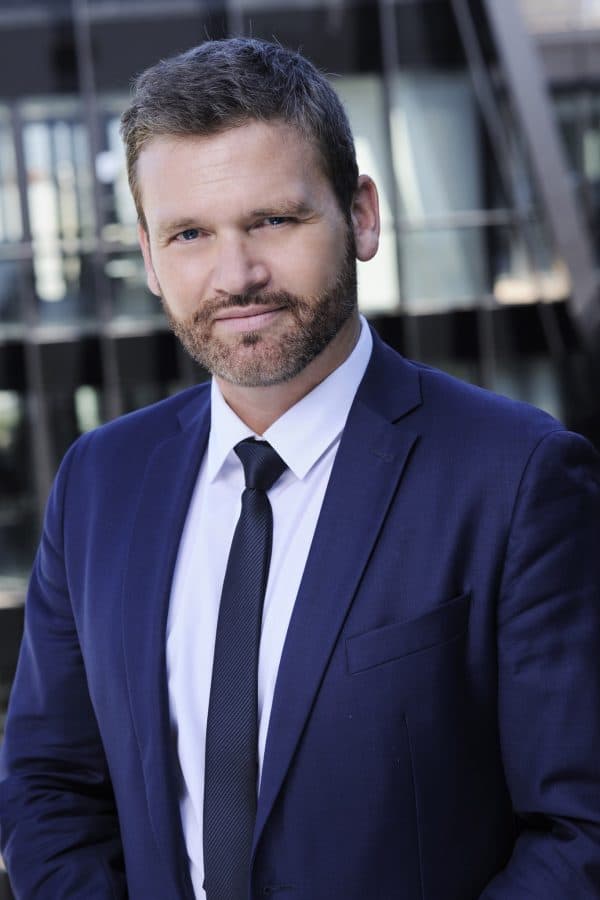Millionth death from COVID-19 ‘an agonizing milestone’: UN Secretary-General
“They were fathers and mothers, wives and husbands, brothers and sisters, friends and colleagues,” he said in a statement on Monday night.
The pain has been multiplied by the “savageness” of the disease, the Secretary-General added, noting that the risk of infection kept families from being with their loved ones, and the process of mourning and celebrating a life was often made impossible.
“How do you say goodbye without holding a hand, or extending a gentle kiss, a warm embrace, a final whisper ‘I love you?’”
At the same time, there is still no end in sight to the spread of the virus, the loss of jobs, the disruption of education, the upheaval to our lives, said Mr. Guterres.
‘We can overcome’
However, we can overcome this challenge, he urged, underlining the need to “learn from the mistakes”.
“Responsible leadership matters. Science matters. Cooperation matters – and misinformation kills. As the relentless hunt for a vaccine continues – a vaccine that must be available and affordable to all – let’s do our part to save lives,” said Mr. Guterres.
“As we remember so many lives lost, let us never forget that our future rests on solidarity – as people united and as united nations.”
‘History will judge us’ – WHO chief
The milestone gives us all “pause for reflection”, said the head of the World Health Organization (WHO), Tedros Adhanom Gehbreyesus in an op-ed published on Tuesday, but represent a moment to come together in solidarity “to fight back against this virus.”
“History will judge us on the decisions we do and don’t make in the months ahead. Let’s seize the opportunity and bridge national boundaries to save lives and livelihoods.”
He repeated the key message that it is never too late to turn things around, if a country becomes mired in a further wave of transmission: “While we await further breakthroughs, we have seen that the virus can be effectively contained through the application of tried and tested public health measures.”
New rapid diagnostic test for COVID-19
Meanwhile, a new COVID-19 diagnostic test, which can provide reliable results quickly, at a lower price and using less sophisticated technology, will help expand capacity to detect cases in low and middle-income countries, the WHO has announced.
Through agreements between WHO and partners, 120 million such tests will be made available to these countries, over a period of six months.
“This will enable the expansion of testing, particularly in hard-to-reach areas that do not have lab facilities or enough trained health workers to carry out PCR tests,” WHO Director-General Tedros Adhanom Ghebreyesus said at a media briefing on Monday, adding that it would be “a vital addition” to countries’ testing capacity and is especially important in areas of high transmission.
The tests – antigen rapid diagnostic tests (Ag RDTs) – priced at $5 per unit, are easy to use and highly portable, and provide reliable results in approximately 15 to 30 minutes – substantially faster as well as cheaper than polymerase-chain reaction (PCR) tests, according to WHO.
“The quicker COVID-19 can be diagnosed, the quicker action can be taken to treat and isolate those with the virus and trace their contacts,” said Mr. Tedros.
With agreement and seed funding already secured, the need now is the full amount of funds to buy the tests, stressed the WHO Director-General.

















